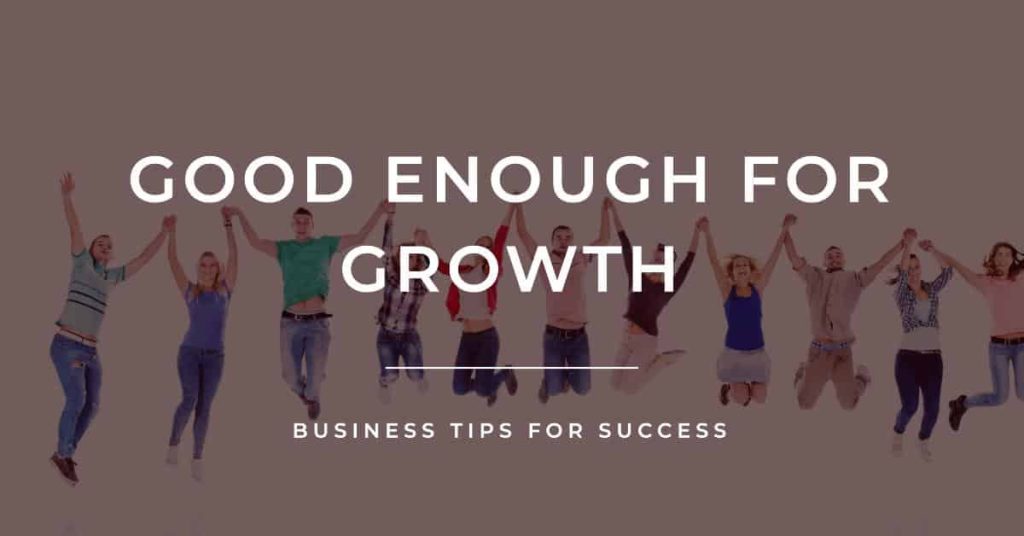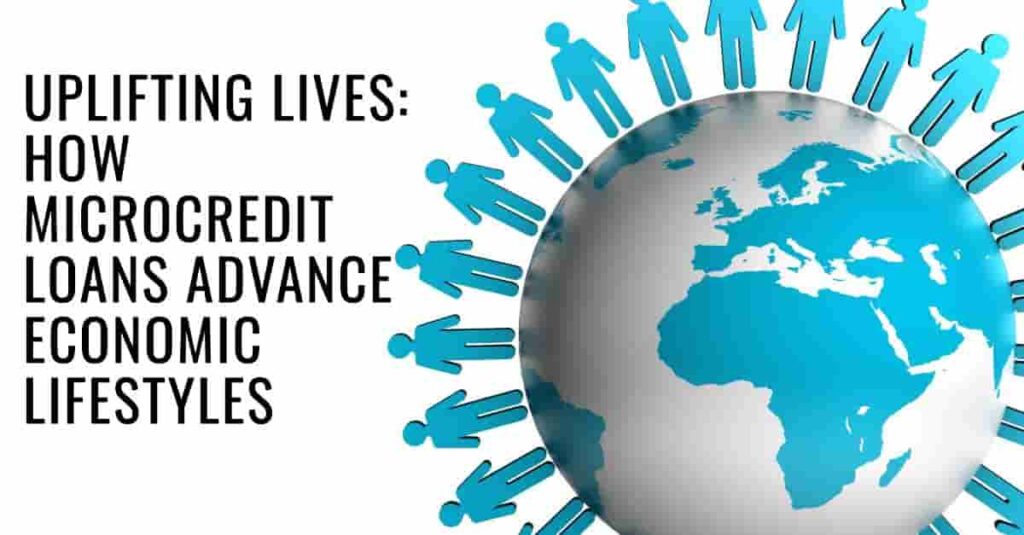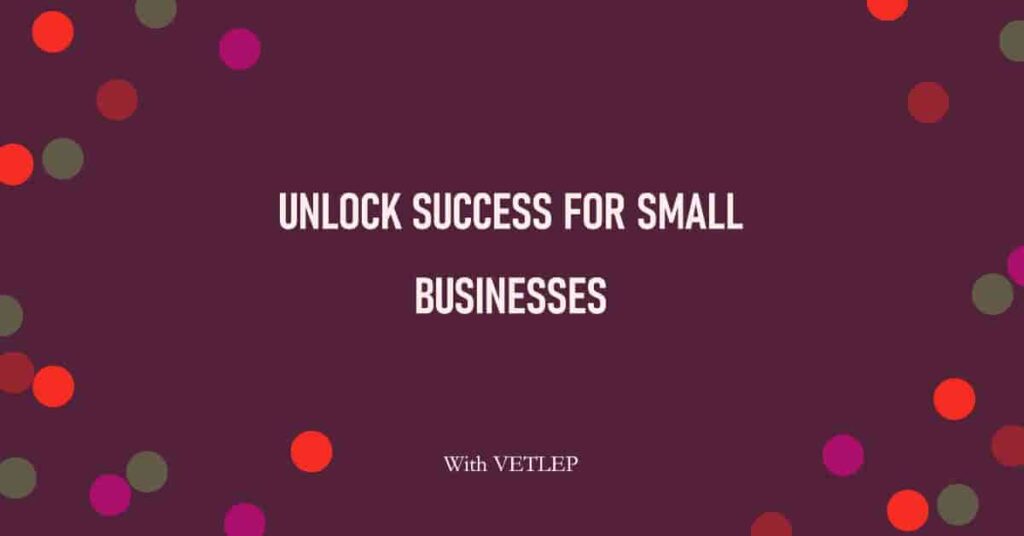How Embracing 'Good Enough' Can Drive Business Growth

In today’s fast-paced business landscape, entrepreneurs and small business owners often strive for perfection. We’re led to believe that every detail must be meticulously planned, every product must be flawless, and every decision must be foolproof. However, this pursuit of perfection can be a major obstacle to growth and success (Bhide, 2000).
The concept of “imperfect action” challenges this conventional wisdom. It suggests that taking action, even if it’s not perfect, is often more important than waiting for the perfect moment or until everything is just right (Peters, 2010). By embracing “good enough,” businesses can break free from analysis paralysis, foster innovation, and drive growth.
At Valdymas Entrepreneurial and Transformational Leadership Empowerment Program (VETLEP), we understand the importance of imperfect action in driving business success. That’s why we’re dedicated to empowering entrepreneurs and small business owners to achieve their full potential through our comprehensive support programs.
Our microcredit loans are designed to be flexible and affordable, with low interest rates and no hidden charges, allowing businesses to take imperfect action without financial strain (Kiva, 2020). We offer repayment terms that are reasonable and convenient, acknowledging that small businesses often have unpredictable income streams (Banerjee & Duflo, 2010). By providing access to capital, we help businesses break free from the constraints of perfectionism and take bold steps towards growth.
But financial support is just the beginning. Our mentorship and training programs help entrepreneurs develop the skills they need to succeed, covering topics such as financial management, marketing, and leadership development (Drucker, 2006). We also provide access to networking opportunities and connections to other businesses and resources in our community, fostering a culture of collaboration and innovation (Granovetter, 1973).
By embracing imperfect action and leveraging VETLEP’s comprehensive support, entrepreneurs and small business owners can:
👉 Break free from analysis paralysis and take bold steps towards growth
Analysis paralysis refers to overthinking and overanalyzing a situation, leading to indecision and inaction. Embracing “good enough” allows entrepreneurs to take action despite imperfections, rather than waiting for the perfect moment or solution. This helps businesses move forward, learn from mistakes, and adapt to changing circumstances.
👉Foster innovation and creativity through experimentation and learning
Imperfect action encourages experimentation, trying new approaches, and learning from failures. This mindset helps businesses develop innovative solutions, products, or services that might not have emerged through traditional planning and perfectionism. Experimentation and learning foster a culture of creativity, adaptability, and resilience.
👉Conserve resources and reduce burnout by accepting “good enough”
Pursuing perfection can lead to excessive resource allocation (time, money, energy) and burnout. Embracing “good enough” helps businesses allocate resources more efficiently, prioritize tasks, and maintain a sustainable work pace. This reduces burnout, conserves energy, and allows for more focused efforts on high-impact activities.
👉 Build capacity and achieve long-term success through mentorship and training
VETLEP’s mentorship and training programs help entrepreneurs develop essential skills, such as financial management, marketing, and leadership. These programs build capacity, enabling businesses to tackle complex challenges, adapt to changes, and achieve long-term success. Mentorship and training provide guidance, support, and networking opportunities, further empowering entrepreneurs to grow and thrive.
Reference
Banerjee, A. V., & Duflo, E. (2010). Giving credit where it is due. Journal of Economic Perspectives, 24(3), 61-80.
Bhide, A. V. (2000). The origin and evolution of new businesses. Oxford University Press.
Drucker, P. F. (2006). Innovation and entrepreneurship. Harper & Row.
Granovetter, M. (1973). The strength of weak ties. American Journal of Sociology, 78(6), 1360-1380.
Kiva. (2020). Microcredit: A powerful tool for economic empowerment.
Peters, T. J. (2010). The little big things: 163 ways to pursue excellence. HarperCollins.



